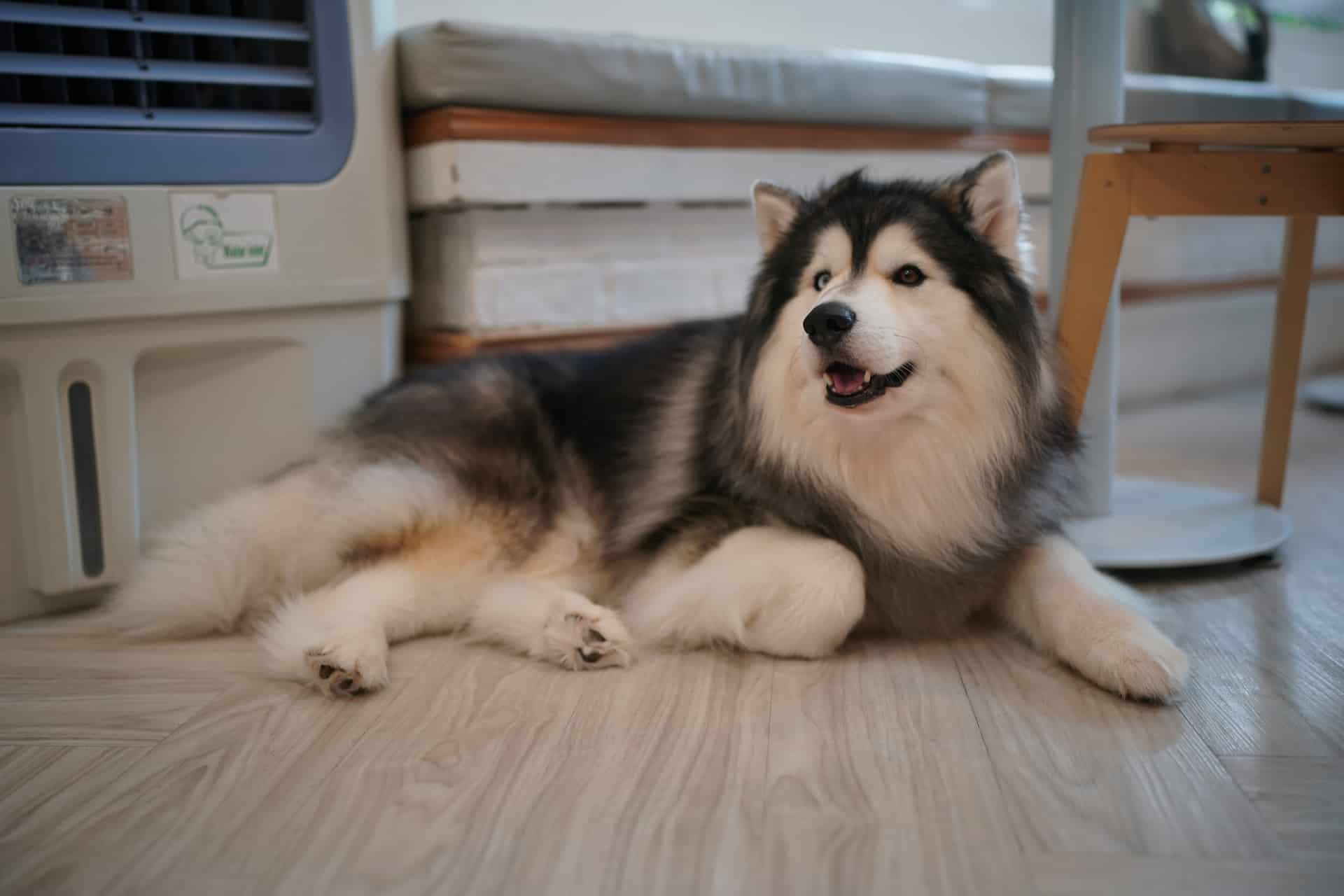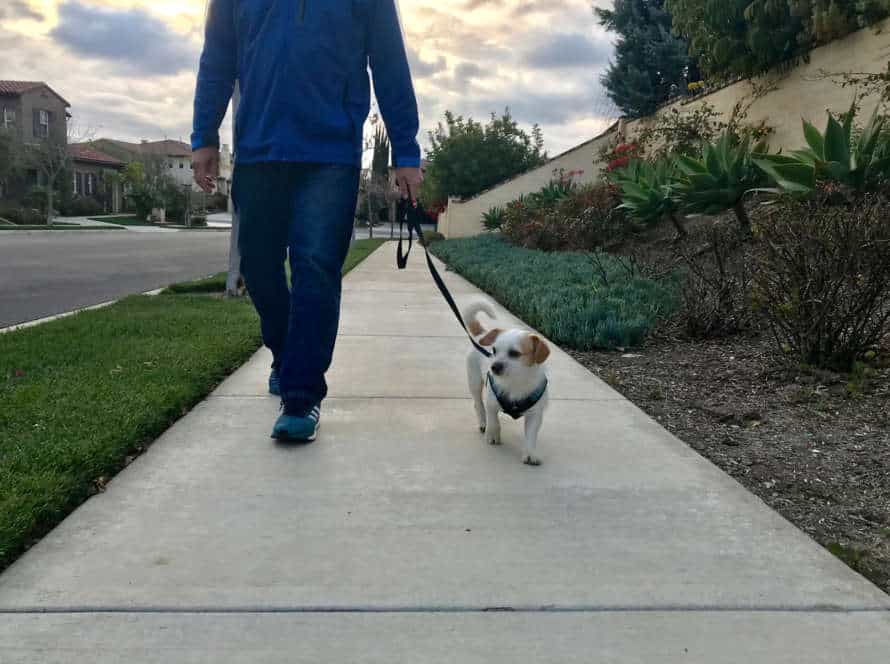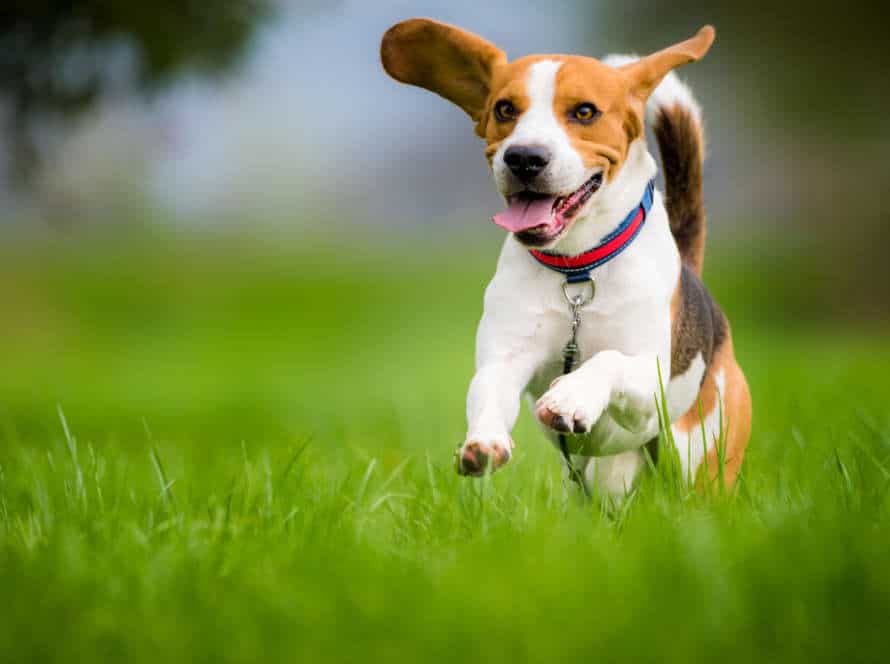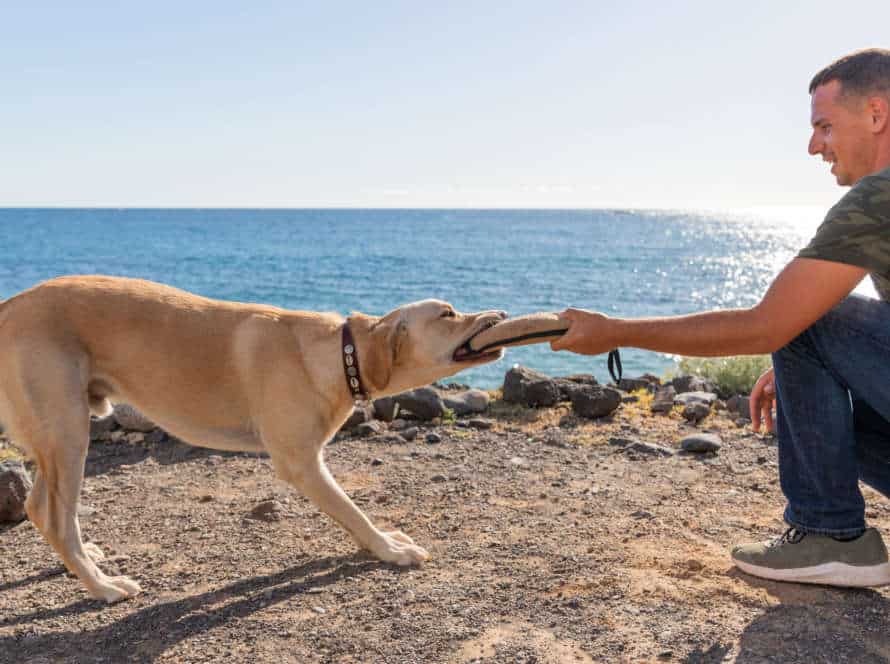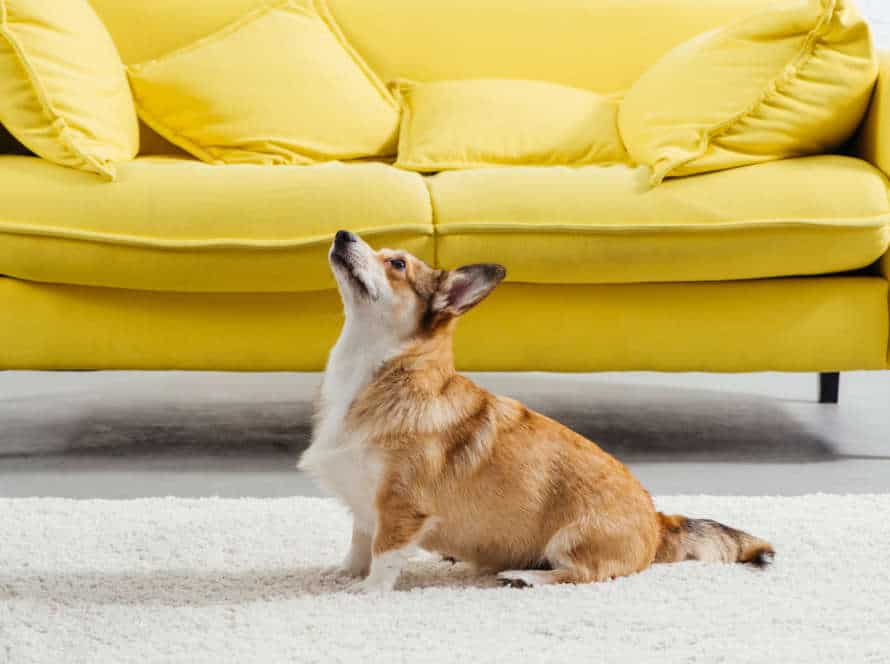Understanding Setbacks and Regression in House Training Adult Dogs
Patience and diligence are key when house training adult dogs. Don’t get disheartened if setbacks and regressions happen. Knowing about these issues helps. With the correct methods, you can get back on track.
This article looks at various setbacks and regressions in adult dog house training. It also covers how to manage them.
Common reasons for setbacks and regression
Regression and setbacks while house training adult dogs can be quite annoying. But they are a regular part of the process. Causes of regression and setbacks include changes in the dog’s environment, health issues, and behavior problems.
To cope with these, it’s important to stay patient and remain consistent. Here are some tips:
- Go back to basics and reinforce the fundamentals of house training.
- Check your dog’s feeding plan for consistency.
- Look for any signs of injury or sickness and address them immediately.
- Analyze potential behavior issues and get expert assistance if needed.
- Be positive, don’t punish and use positive reinforcement techniques.
Pro tip: Regression and setbacks are normal when house training adult dogs. Consistency, positive reinforcement, and patience are crucial to overcoming them.
Signs of setbacks and regression to look out for
House training an adult pup can be tricky. Watch out for setbacks and regression. Here are some signs to look out for:
- Peeing or pooping in the house after being trained
- Requesting to go outdoors more often
- Anxious or distressed when left alone
- Fussing or whining when put in their crate
These issues can be solved with patience and consistency. Reward good behavior and address negative behavior right away. If you spot any of these signs, go back to basics and retrain your pup using the same techniques initially. Pro tip: Always give positive reinforcement for good behavior and never punish as it can make things worse.
Handling setbacks and regression appropriately
Setbacks and regression can be discouraging for dog owners. It’s wise to know why these things happen, and how to manage them. Reasons could include: sickness, change in environment or routine, and stress or anxiety.
Stay composed and understanding, it’s part of the process. Go back to the basics of house training, such as keeping a consistent schedule and praising your dog. Visit a vet to make sure there’s no health issue. If you need more help, hire an experienced dog trainer.
Remember, each dog is unique, so don’t give up. Celebrate every little victory!
Strategies for Overcoming Setbacks and Regression in House Training Adult Dogs
House training an adult pup can be tricky. Patience is essential, however, there are methods to assist them in overcoming any challenges. Here, we’ll explore common factors of setbacks and regression in house training, along with strategies to tackle them.
Revisit Basic House Training Principles
For adult dogs, it’s important to refresh house training fundamentals to battle backslides and regression in their conduct. Here are some approaches to manage backslides and regression in house training adult dogs:
- Set up a routine: Dogs enjoy routine. So, give them fixed schedules for eating, walking and potty breaks.
- Reinforce positive behavior: Utilize positive reinforcement such as treats or approval to reward your dog for good behavior like going potty outside.
- Monitor your dog: When unsupervised, dogs may be more likely to have accidents inside the house. Watch your dog and reduce their unsupervised time.
- Clean up any accidents right away: Use an enzymatic cleaner to eliminate any pee or feces smells, as dogs may be enticed to the same place to use the restroom.
- Think about crate training: Crate training can be a successful tool to forestall accidents when you’re unable to observe your dog carefully.
- Patience is essential: House training an adult dog may take longer than a puppy, but with persistence and consistency, your dog can learn good habits.
Reinforce ‘potty time’ cues
“Potty time” cues are key for helping adult dogs with house training. Here’s how:
- Pick a phrase, like “Go potty” or “Do your business“.
- Use the same tone and body language when you say it.
- Reward them with praise, treats, or playtime when they go outside.
- Repeat this every time you take them out.
This will help them connect the cue with going potty outside, reducing setbacks.
Increase frequency of potty breaks
If your adult dog’s house training isn’t going as planned, increase potty breaks to get back on track.
Tips:
- Get them out as soon as they wake up and after naps.
- After meals and before bedtime.
- Have a consistent schedule.
- If you can’t supervise, use a crate or confinement area.
By increasing potty breaks, you can help your adult dog have good habits and avoid accidents and setbacks.
Monitor diet and water intake
Monitoring your adult dog’s diet and water intake is key for succeeding with house training. Here’s why:
- A consistent, balanced diet reduces accidents indoors.
- Providing fresh water throughout the day helps their body function properly and lessens accidents.
- You can also track their water intake to anticipate when they need to go outside.
- Talk to your vet to decide the right diet and amount of water for your pup, based on age, breed, and health. With a regular diet and water intake, you can make a successful house training plan and minimize issues.
Pro tip: Use a food puzzle or slow feeder bowl to prevent your dog from eating too quickly, which can cause accidents.
Positive Reinforcement
Positive reinforcement is a great way to help an adult dog learn and remember better habits. Praise their good behavior and reward them with treats. To make it work, be consistent in your training techniques, rewards, and expectations. Also, be patient and understanding with your pup. Keep training sessions short and stay positive. This way, you’ll reach your goals!
Rewards for successful training and potty habits
Rewarding successful training and potty habits can really help with adult dog house training. Dogs need positive reinforcement. Rewards are key to their behavior. Here are some successful rewards:
- Treats: Dogs adore treats. Use small, soft, easy-to-chew treats that don’t take long to eat.
- Praise: Saying things like “Good boy/girl!” or “Well done!” with a cheerful voice is great reward. Be consistent with your praise.
- Playtime: Playtime is a great reward for dogs. Put aside some time each day for play. Use this as a reward for good behavior.
- Attention: Dogs love attention and affection from owners. Show love and affection when they do good things, like going potty outside or not chewing furniture.
Be patient and consistent. Reward only desired behavior. This will help your dog learn faster and make the house training easier.
Encouragements for sticking to the schedule
House training an adult dog can be tricky. But, with encouragements you can stay on track and be successful. Take it one day at a time. Patience, consistency, and positivity is key. Don’t get disheartened by any setbacks, celebrate small victories, and focus on progress. Positive reinforcement works for dogs, so reward with treats or praise when they stay on track. Establish a routine. Feeding, playing, and potty times should be on the same schedule and stick to it. Be prepared to adjust if something unexpected happens. And, stay motivated! Remember why you wanted to house train your pup in the first place. Have goals, stay positive, and keep a sense of humor.
Being attentive to the dog’s needs
Be attentive to your adult dog’s needs to overcome any setbacks in house training. Monitor feeding schedules and water intake. If your pup is restless, sniffing or circling, they may need to go outside. Patience and consistency with training is key – no scolding for accidents. Offer praise and rewards for positive behavior and progress. Remain mindful and proactive – it’ll help your adult dog succeed in house training.
Seek Further Assistance
Training an adult dog can be tough. It’s not strange to have issues & bad steps. For this, it is a must to get help. Here are some tips:
- Talk with a qualified dog trainer or behaviorist for advice that fits your pet.
- Review the rules of house training & give your dog chances to go outside & do good.
- Use only encouragement when your dog does what you want.
- Change your dog’s schedule, food, or environment if these are causing the issue.
By doing these & getting more advice, you can beat the problems & make a good living space for you & your pup.
Consult with a professional dog trainer
Are you having trouble house training your adult dog? It could be time to call in a pro! A dog trainer can review your unique situation and provide strategies to get your pup back on track.
Also, try these tips:
- Check if your house training plan needs updating for consistency and clarity.
- Take your pup out for more and longer bathroom breaks.
- Use an enzymatic cleaner to get rid of any indoor accidents.
- Make a designated potty area outside and use verbal cues to let your dog know it’s time to go.
It’s normal to experience setbacks and regressions when house training an adult dog. With patience and determination, you can beat these challenges!
Visiting the veterinarian for a thorough health checkup.
When it comes to house training adult dogs, and they suffer setbacks or regress, it’s important to see a vet. A sudden change in your pup’s loo habits could be a sign of an underlying health problem. Urinary tract infections, digestive issues and other health matters can cause them to forget toilet training.
Make sure your dog is checked for any infections, injuries or allergies at the vet. This will help when you go back to training. Regular check-ups are also essential. They can detect health issues early, and make sure your pup is fit to keep up with the training.
Frequently Asked Questions
Q: Why is my adult dog regressing in house training?
A: There could be several reasons why your adult dog is regressing in house training. These include changes in their routine or living situation, medical issues, or a lack of consistent training.
Q: What should I do if my adult dog has an accident in the house?
A: It’s important to clean the area thoroughly to remove any odor that may encourage your dog to use that spot again. Avoid punishing your dog and instead focus on positive reinforcement for using the appropriate area to eliminate.
Q: How can I prevent setbacks in house training?
A: Consistency is key when it comes to house training. Stick to a regular routine and reinforce positive behavior with rewards. Keep an eye on your dog’s body language and take them outside frequently.
Q: How long does it take to fully house train an adult dog?
A: The length of time it takes to fully house train an adult dog can vary depending on the dog’s age, breed, and previous home environment. Consistent training and positive reinforcement can speed up the process.
Q: Can I use crate training to help with house training?
A: Yes, crate training can be an effective tool for house training an adult dog. However, it’s important to make sure the crate is an appropriate size and that your dog has plenty of exercise and attention outside of the crate.

